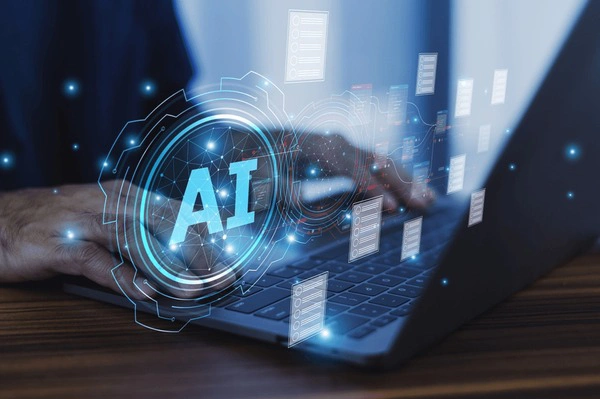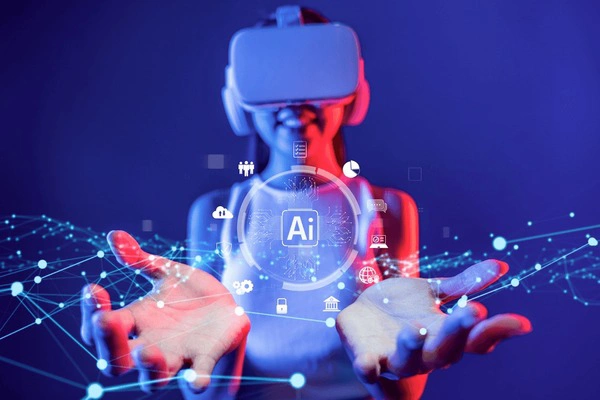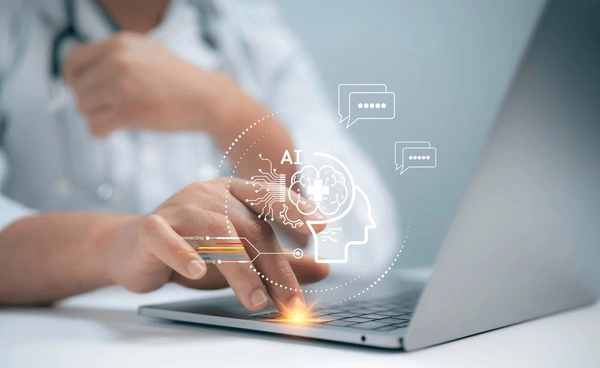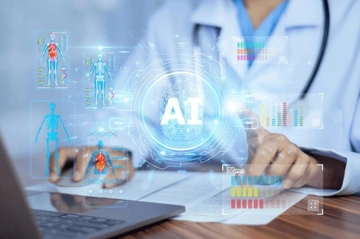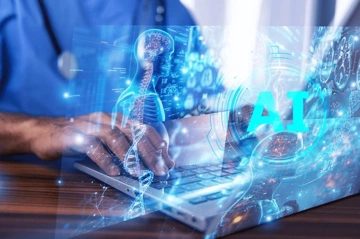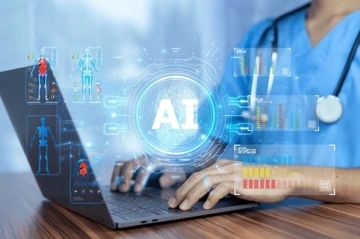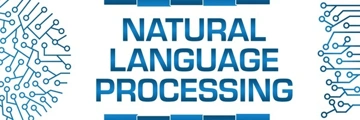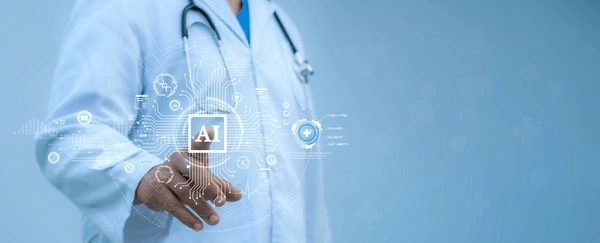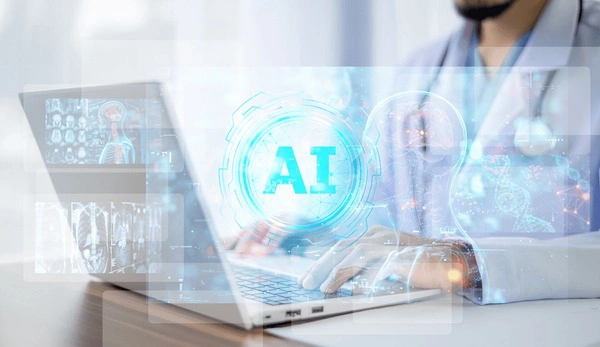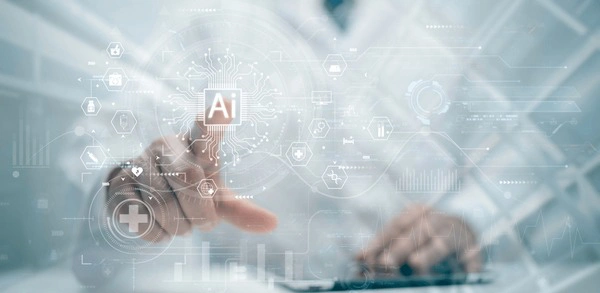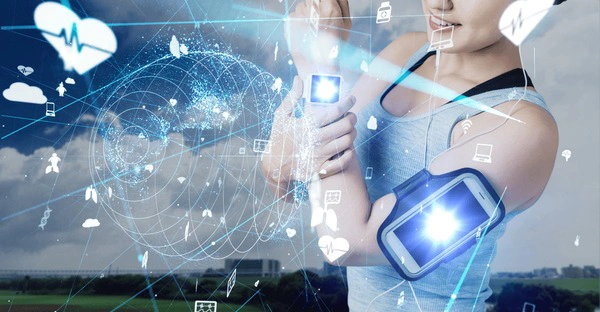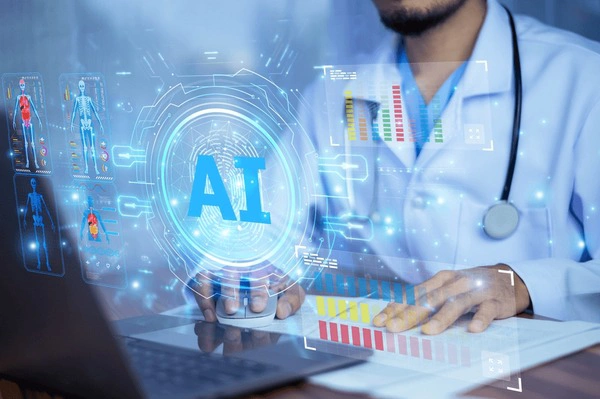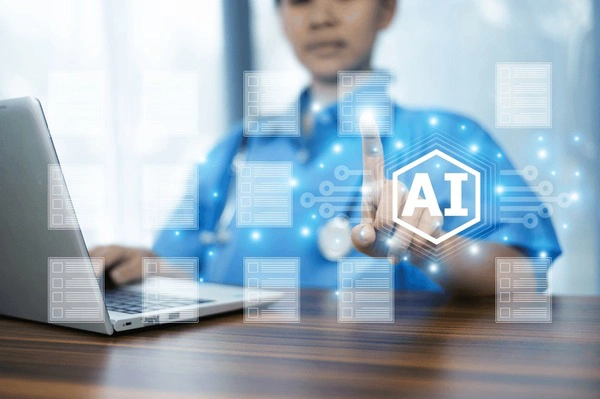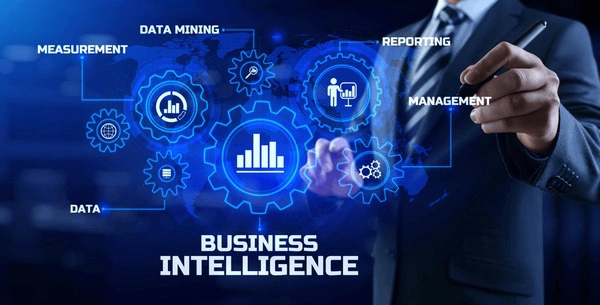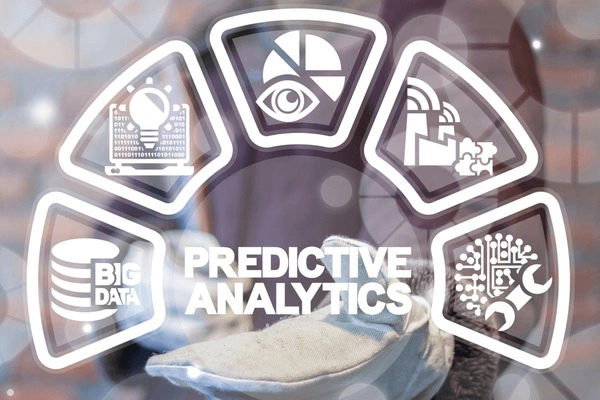
How Predictive Analytics is Transforming Business Decision-Making
In a world where data drives decisions, predictive analytics emerges as a key player. By harnessing historical data, businesses can anticipate trends and make informed choices, transforming industries one prediction at a time. From healthcare to finance, this technology offers a glimpse into the future, enabling companies to stay ahead of the curve. As advancements in machine learning and AI continue, the potential of predictive analytics only grows, promising more precise forecasts and smarter business strategies.
Emma Lane
09/11/2024 - 7 months ago

Understanding Predictive Analytics
Predictive analytics is changing how businesses operate in today’s fast-paced world. By using historical data, companies can forecast future trends and make informed decisions. This technology considers past customer behaviors and market patterns to predict what might happen next. It's like having a crystal ball but based on real data and science.
For businesses, the ability to anticipate trends is invaluable. It means they can prepare for demand spikes, manage inventory better, and tailor their marketing strategies. For example, a clothing store might use predictive analytics to decide which items to stock up on during a particular season, ensuring they meet customer demand without overstocking.
The process involves collecting vast amounts of data, which is then analyzed to find patterns. These patterns help businesses understand potential future outcomes, making predictive analytics a powerful tool for staying competitive. As more companies adopt these methods, understanding how to leverage this data becomes crucial for success.
Applications in Various Industries
Predictive analytics is not limited to any single industry. In healthcare, for example, it helps predict disease outbreaks and patient admissions, allowing hospitals to allocate resources effectively. By anticipating these events, healthcare providers can improve patient care and reduce costs.
In retail, companies use predictive models to forecast sales and customer preferences. This enables them to personalize shopping experiences and increase customer satisfaction. For instance, online retailers can suggest products based on past purchases, enhancing the shopping experience.
The finance sector also benefits significantly from predictive analytics. Banks and financial institutions use it to detect fraudulent activities and assess credit risks. By analyzing transaction patterns, they can identify unusual activities and take preventive measures, ensuring customer security.
The Future of Predictive Analytics
As technology advances, predictive analytics will become even more sophisticated. Machine learning and artificial intelligence are already enhancing its capabilities, allowing for more precise predictions. This progress will enable businesses to make better decisions faster, giving them a competitive edge.
Moreover, as more data becomes available, the accuracy of these predictions will improve. Companies that embrace these advancements will likely lead their industries, setting new standards for efficiency and customer satisfaction. It’s an exciting time for businesses willing to adapt to these changes.
Education and training will play a crucial role in this evolution. As the demand for skilled professionals in analytics grows, investing in learning opportunities will be key. By equipping themselves with the right tools and knowledge, individuals can help drive their companies towards a data-driven future.
